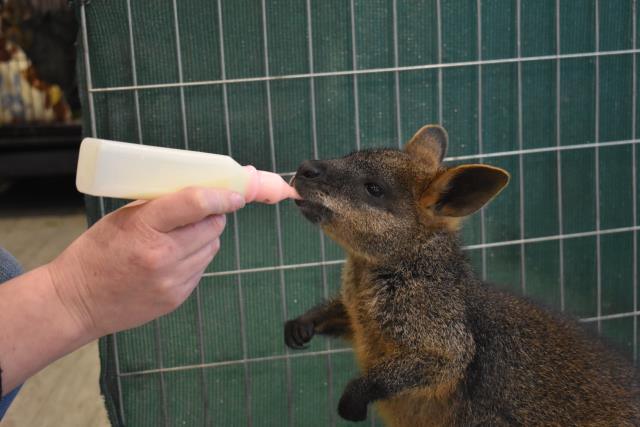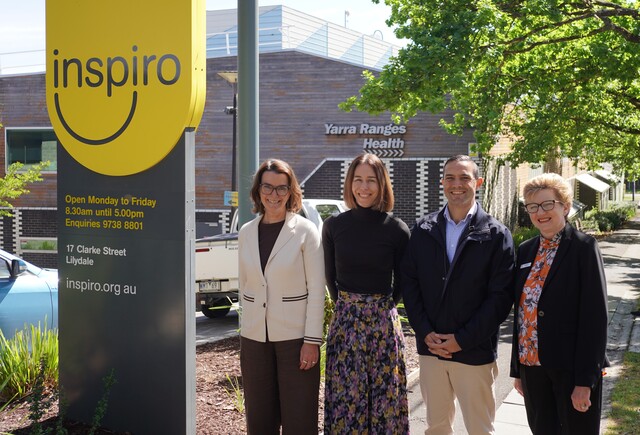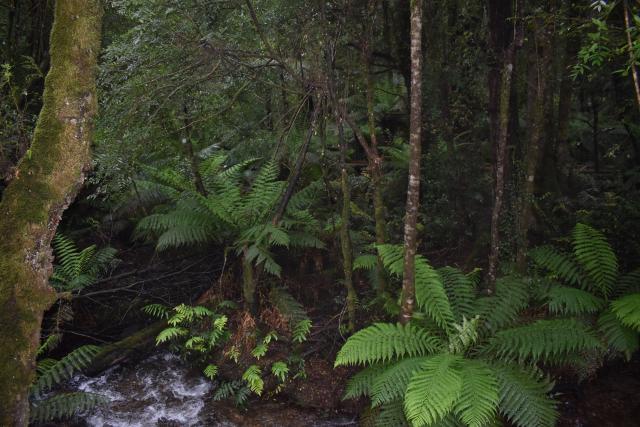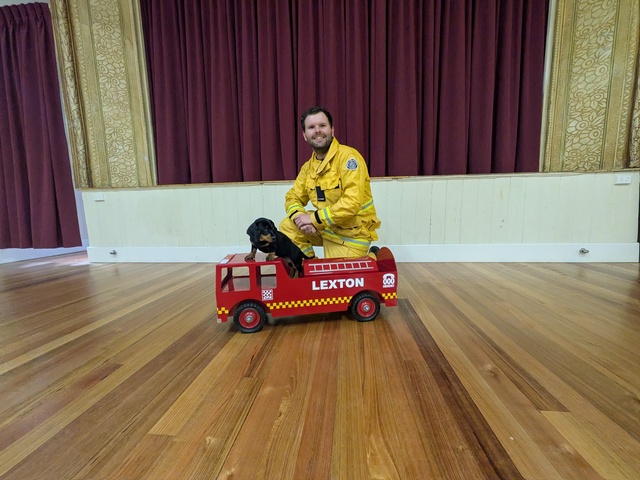By Kath Gannaway
“FOR ME, it’s as if Micheal died in that despatch room.”
Healesville ambulance despatcher Trudi McLeod was on duty on 18 January last year when a 000 call came in that her son, Micheal, had suffered a cardiac arrest at his Wesburn home.
She stood by, supporting distressed colleagues as they spoke with her 31-year-old son’s partner and coordinated ambulances to the scene.
Trudi’s husband and Micheal’s step-father, Healesville paramedic Malcolm McLeod was on duty that night and was on board one of the ambulances.
Despite all efforts to resuscitate Micheal, he died at the scene.
Mrs McLeod spoke out last week about a tragedy, which became a continuing nightmare after winning a year-long David and Goliath battle for the right to claim WorkCover from her employer Emergency Services Telecommunications Authority.
ESTA is an affiliated State Government body under the Department of Justice. ESTA rejected Mrs McLeod’s claim that her inability to continue to work at the 000 despatch centre was related to the trauma she experienced at work on that day.
A three-day hearing in the Melbourne Magistrates’ Court in April however found Mrs McLeod had suffered a work-related injury and was entitled to WorkCover.
Mrs McLeod’s lawyer Meghan Hoare of Slater and Gordon said ESTA had showed a lack of compassion in dealing with a unique situation.
“The employer rejected Trudi’s WorkCover claim, arguing that her acute stress reaction and post-traumatic stress disorder were not work-related,” Ms Hoare said.
Mrs McLeod returned to work twice, but was unable to continue.
She said she felt let down by her employer of seven years and still can’t understand what she calls their “see you in court” approach.
“I was devastated by their lack of support. I remained in the role for which I had been trained only to have my employer turn around and reject my claim on the basis I hadn’t suffered a work-related injury.”
The situation Mrs McLeod found herself in that day is one which paramedics working in small communities face all too often.
“When something like this happens, when you know the person involved, the whole impact is heightened,” Mr McLeod said.
In his wife’s case it was the ultimate tragic connection.
“While all this was happening I could see the room he (Micheal) was in, see the furniture, the difficulties that were being presented over the phone. These are things we didn’t normally have to experience because you normally don’t know the person,” Mrs McLeod said.
Her years of experience in some ways added to the trauma.
Mrs McLeod says she knew what it meant when there was no call for the air ambulance.
“I didn’t start to grieve for Micheal until nine months after that day when I stopped being a despatcher and (accepted) this is not just some person … it is my son,” she said, holding a photo of the oldest of her three children.
While welcoming the decision, which provides for lost wages and medical expenses relating to her treatment, Mrs McLeod says her battle for justice is one she never believed she would have to fight.
Justice at last
Digital Editions
-

Stronger penalties for wildlife crime welcomed
Despite criticism of the State Government’s approach to the Wildlife Act Review, wildlife organisations and advocacy bodies were encouraged by stronger penalties and rescuer support.…






